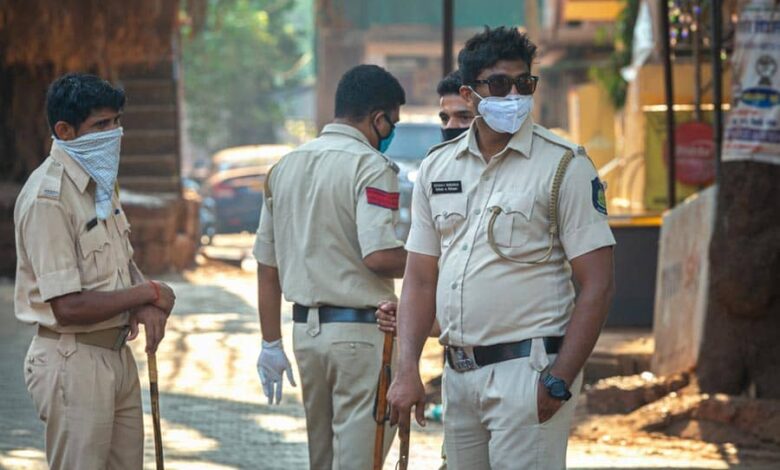
Delhi Chief Minister Arvind Kejriwal has been arrested by the Enforcement Directorate (ED), becoming the first sitting chief minister to face such an arrest. The ED’s action comes just two months after the arrest of Jharkhand’s Hemant Soren. Kejriwal’s arrest is in connection with the ongoing liquor policy case, which saw allegations of corruption leading to the scrapping of the policy. Earlier, BRS leader K Kavitha was also arrested in the same case.
Kejriwal had been summoned by the ED for questioning but had been evading the summons, citing various engagements. He had challenged the constitutionality of the ED’s summons in court. However, a recent high court ruling denied him protection from the agency’s actions, clearing the way for his arrest. ED officials arrived at Kejriwal’s Civil Lines residence with a search warrant and took him into custody.
The Aam Aadmi Party (AAP) has promptly approached the Supreme Court to seek the quashing of Kejriwal’s arrest. The party firmly believes that Kejriwal will continue to serve as chief minister, even while in custody. The AAP’s confidence stems from a survey conducted across 2.38 million households in Delhi, revealing support for Kejriwal’s leadership.
Arvind Kejriwal’s political journey has been eventful. He first became Delhi’s chief minister in 2013, riding on the anti-corruption movement he spearheaded with Anna Hazare. However, he resigned a year later due to failing to pass the Jan Lokpal Bill. Kejriwal made a successful comeback in 2015, winning the elections with a majority. In 2020, the AAP secured another victory, ensuring Kejriwal’s continued leadership.
Kejriwal’s arrest raises questions about his future as chief minister. The AAP is determined to challenge his arrest and maintain his position. Meanwhile, the ED’s action underscores the ongoing scrutiny of corruption allegations in the liquor policy case. The legal battle and political repercussions will likely unfold in the coming days.



